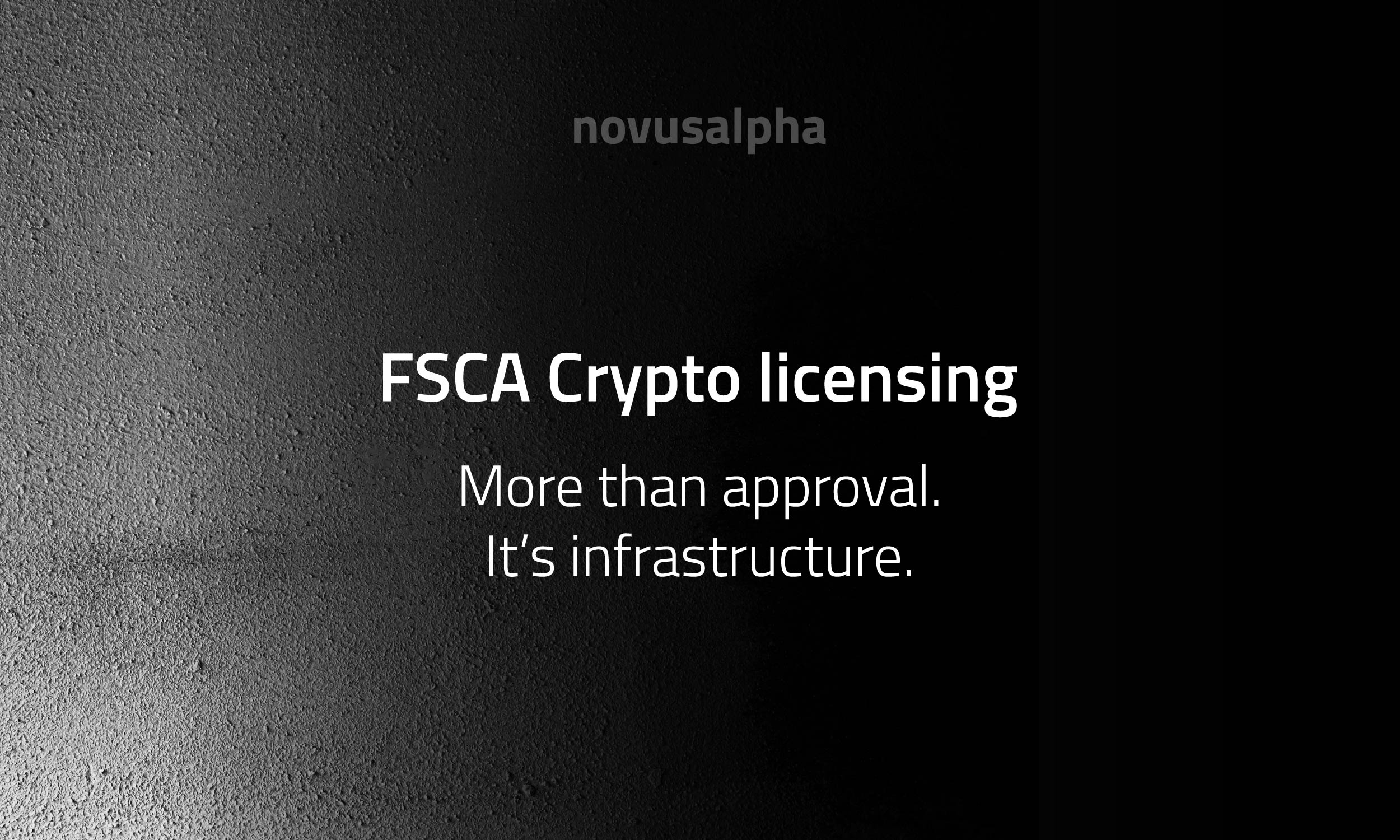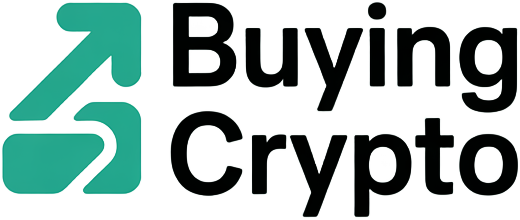Crypto is on the move in Africa, and this time, it’s not just about peer-to-peer trading or remittances, it’s about governments stepping up with new rules that are reshaping how people across the continent (and beyond) get started with digital assets. If you’re a beginner eyeing the African crypto scene, 2025 is a game-changer. Let’s break down how these new laws are transforming onboarding for everyone from first-time buyers to fintech startups.

The Regulatory Revolution: Africa’s Crypto Laws Take Center Stage
Until recently, Africa’s crypto landscape was a wild mix of grassroots adoption and regulatory uncertainty. Fast-forward to October 2025, and we’re seeing a new era: Kenya’s parliament has passed the Virtual Asset Service Providers Bill, South Africa’s FSCA has greenlit 59 crypto business licenses, and Nigeria has officially recognized crypto assets as securities. Ghana and Ethiopia are close behind with frameworks in progress.
This regulatory wave isn’t just about compliance. It’s about building trust, opening up investment, and making crypto onboarding safer and more accessible for everyone. For beginners, that means less risk of falling into scams and more clarity when choosing a wallet or exchange.
Why These Laws Matter for Beginners
Let’s get real: starting your crypto journey can feel overwhelming, especially in emerging markets. Here’s why Africa’s new crypto laws are such a big deal for onboarding:
- Clearer Rules = More Confidence: With the Central Bank of Kenya and Nigeria’s SEC setting standards, you know exactly what’s legit, and what’s not.
- Licensed Platforms: Exchanges and wallets will need to meet strict requirements, giving you more peace of mind when signing up or making your first purchase.
- Better Protection: Regulators are focusing on anti-money laundering (AML) and know your customer (KYC) checks, which help keep fraudsters out of the system.
- Financial Inclusion: By integrating crypto into the formal system, these laws are opening doors for millions who were previously excluded from traditional banking.
Spotlight on Key Countries: What’s Changing in 2025?
Every country’s approach is unique, but some are setting the pace for Africa, and the world. Here’s what you need to know:
- Kenya: The new bill puts digital assets on a legal footing. The Central Bank will license stablecoins and virtual assets, while the Capital Markets Authority will oversee exchanges. This dual oversight aims to boost both innovation and investor protection.
- South Africa: With 59 crypto licenses approved, South Africa is leading the way in formalizing the industry. The FSCA’s regulatory framework means more transparency for users and higher standards for service providers.
- Nigeria: The Investment and Securities Act (ISA) defines crypto as securities, bringing exchanges under SEC supervision. This is a major step toward integrating crypto into Nigeria’s booming financial sector.
- Ghana and Ethiopia: Both are developing frameworks to license crypto platforms and monitor digital asset activities, signaling a shift toward mainstream adoption.
How This Impacts Global Onboarding (and You)
Africa isn’t just making crypto safer for locals, it’s setting examples that could ripple worldwide. Global exchanges are watching these regulatory models closely, and newcomers everywhere stand to benefit from the lessons learned here. If you’re onboarding in Africa now, expect more guidance, better compliance tools, and growing support from both local and international platforms.
Stay tuned as we dive deeper into how these laws are shaping the future of crypto onboarding, and what practical steps you can take to get started safely in this new landscape!
With these legal frameworks rolling out, the crypto onboarding journey in Africa is starting to look a lot less like the Wild West and more like a well-lit on-ramp. For beginners, this means you’ll find more regulated exchanges, clearer onboarding processes, and a stronger focus on user education. The days of sketchy peer-to-peer deals are being replaced by robust platforms with real accountability.
What Beginners Should Expect: A New Era of Safer Onboarding
So, what does all this mean for your first steps into crypto? Here’s what’s new, and why it matters:
Top 5 Crypto Onboarding Changes in Africa (2025)
-

Kenya’s Virtual Asset Service Providers Bill: In October 2025, Kenya’s parliament passed the Virtual Asset Service Providers Bill, setting up a licensing regime for crypto exchanges and stablecoins. The Central Bank will license stablecoins, while the Capital Markets Authority will oversee trading platforms—creating new, formal pathways for beginners to onboard safely.
-

South Africa’s Crypto Licensing Surge: The Financial Sector Conduct Authority (FSCA) approved 59 crypto business licenses in 2025. This move gives new users more regulated, legal options for trading and investing, boosting trust and security for first-time crypto adopters.
-

Nigeria’s Investment and Securities Act (ISA) 2025: Nigeria now recognizes cryptocurrencies as securities under the Investment and Securities Act (ISA). The Securities and Exchange Commission (SEC) oversees crypto, offering a clearer, safer onboarding process for Nigerians entering the digital asset market.
-

Ghana’s Upcoming Virtual Asset Providers Act: The Bank of Ghana is set to present the Virtual Asset Providers Act to Parliament by September 2025. This law will introduce a licensing framework for crypto platforms, making it easier and safer for Ghanaians to start their crypto journey.
-

Ethiopia’s Digital Asset Regulation Framework: The National Bank of Ethiopia is finalizing a regulatory framework for digital assets, focusing on anti-money laundering (AML) and know-your-customer (KYC) requirements. This will help beginners onboard with greater protection and compliance.
First off, expect more ID verification. Regulators are pushing exchanges and wallets to enforce strict KYC (Know Your Customer) checks. While this might slow down sign-up compared to the old days, it’s a huge win for security. You’re less likely to be targeted by scams or lose funds to shady operators.
Second, you’ll see more educational resources built into African crypto platforms. Governments and licensed providers know that an informed user base is their best defense against fraud. Look out for in-app tutorials, local language guides, and even community events designed to help you understand how wallets, private keys, and transactions work.
Third, there’s a growing ecosystem of local support. With licensing comes accountability – if you run into problems with deposits or withdrawals, regulated platforms are required to have customer service channels and dispute resolution processes. This wasn’t always the case in Africa’s early crypto days!
Challenges Remain: What to Watch For
Of course, no regulatory regime is perfect. Some countries (like Senegal) still lack clear guidelines or outright ban crypto services through banks. And while new rules boost investor confidence, they can also raise entry barriers for unbanked users who struggle with formal ID requirements.
Another challenge is keeping up with compliance costs – smaller startups may find it hard to meet all the new standards, which could limit innovation or lead to market consolidation around bigger players. But overall, these changes are nudging Africa toward a safer and more inclusive digital asset economy.
Looking Ahead: Africa’s Global Influence on Crypto Regulation
The world is watching Africa’s regulatory experiment closely. As countries like Kenya and Nigeria prove that clear rules can drive adoption without stifling innovation, other emerging markets may follow suit. We’re already seeing global exchanges adopt similar onboarding standards – robust KYC/AML checks, transparent fee structures, and localized support – inspired by African models.
If you’re just getting started in crypto (whether in Africa or elsewhere), pay attention to these trends. Regulatory clarity isn’t just about red tape; it’s about building trust so more people can safely join the digital economy.
The bottom line? Africa’s new crypto laws are turning the continent into one of the world’s most exciting testbeds for safe, accessible digital finance. If you’re ready to dive in, don’t just look at prices or hype – check that your platform is licensed under the latest regulations and take advantage of all the educational tools now at your fingertips.



